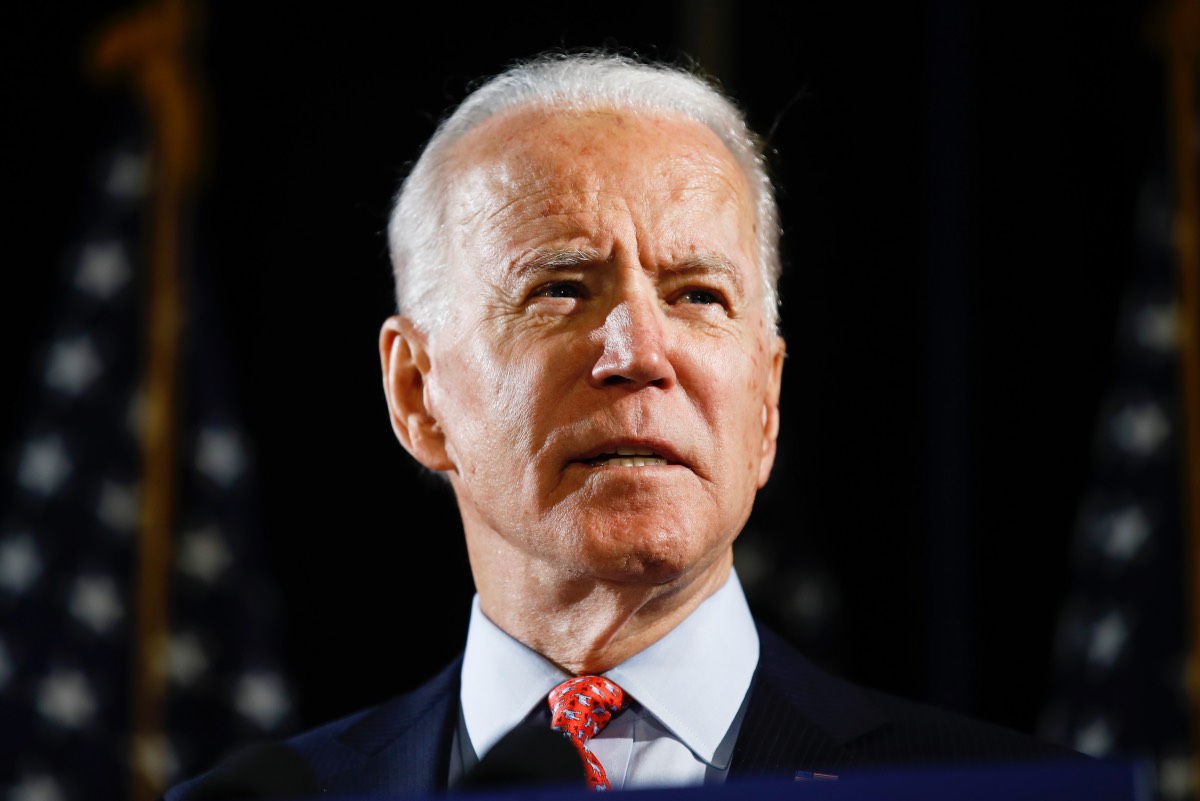President Joe Biden on Wednesday, January 20, 2021, began reversing Donald Trump’s immigration policies, part of an aggressive push to roll back some of the most controversial actions of his predecessor and chart a new course for the nation.
In one of his first acts as president, Biden signed an executive action ending restrictions on travel and immigration from some predominantly Muslim countries. The measure directs the State Department to resume visa processing for those countries and develop a plan to address people affected, such as those who were denied entry to the U.S.
The action also orders reviews of other “extreme vetting” practices used by the Trump administration, while directing the U.S. to improve information-sharing with foreign governments to bolster screening of travelers.
Biden is also proposing a sweeping immigration bill that would provide a pathway to citizenship for roughly 11 million people living illegally in the U.S. White House Press Secretary Jen Psaki said Wednesday night that the president had sent the text of his proposal to Congress.
The legislation marks a stark contrast with the Trump administration’s efforts to restrict both legal and illegal immigration during its four years in power.
The new president issued a proclamation ordering a stop to construction of Trump’s wall along the border with Mexico. It rescinds the national emergency that Trump declared to secure funding for the wall.
The travel ban and border wall were the fulfillments of Trump’s central 2016 campaign promises, to crack down on immigration and limit the number of Muslims coming to the U.S. Biden condemned them as an attack on racial and religious minorities.
Just one week after taking office, Trump announced he would suspend entry to travelers from seven mostly Muslim nations: Iran, Iraq, Syria, Libya, Yemen, Somalia, and Sudan. The policy also suspended refugee resettlement. Federal judges blocked the first version of the ban from being implemented. A third version went into place following numerous court challenges.
The ban that Biden ended blocked entry to most people from Iran, Syria, Libya, Yemen, Somalia, and North Korea. It also restricted immigrant visas for people from Nigeria, Kyrgyzstan, Myanmar, and Eritrea as well as for certain others from Venezuela and Tanzania.
Biden’s immigration legislation is ambitious, and as a result, it could face obstacles in Congress.
The proposal calls for an eight-year path to citizenship for undocumented immigrants, down from 13, and an even shorter one for those known as Dreamers who were brought illegally as children to the U.S., as well as those with temporary protected status.
The bill seeks to address the root causes of migration by bolstering assistance to Central American countries. It eases immigration for people fleeing violence and increases prosecution of human traffickers and drug smugglers. But it does not call for a major increase in border security measures in exchange, which could make it difficult to garner support from Republicans in Congress.
The travel ban reversal is part of a 10-day onslaught of executive actions intended to overturn key Trump policies without waiting for Congress, on topics ranging from the Covid-19 pandemic to climate change and criminal justice.
Biden on Wednesday also signed an executive order rescinding the Trump administration’s immigration-enforcement priorities that stepped up patrols along the U.S. southern border and cast a wider net in the interior of the country. The decision clears the way for the Biden administration to set narrower targets.
Source: Bloomberg







